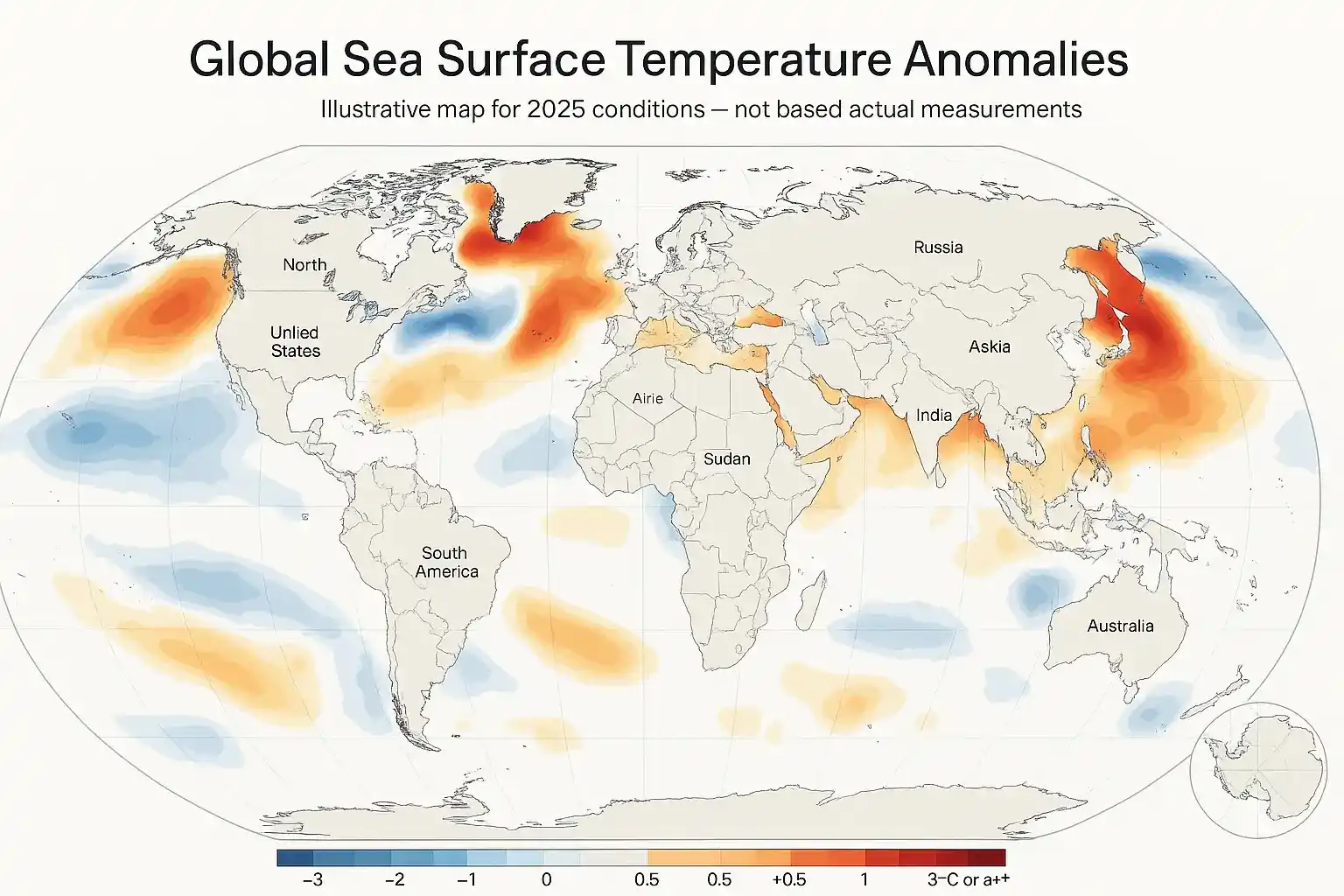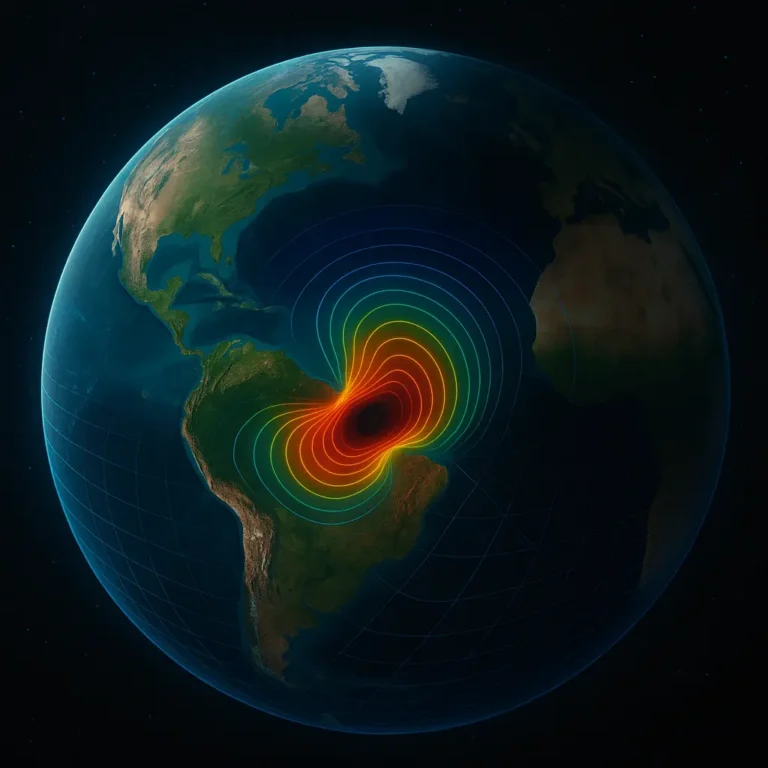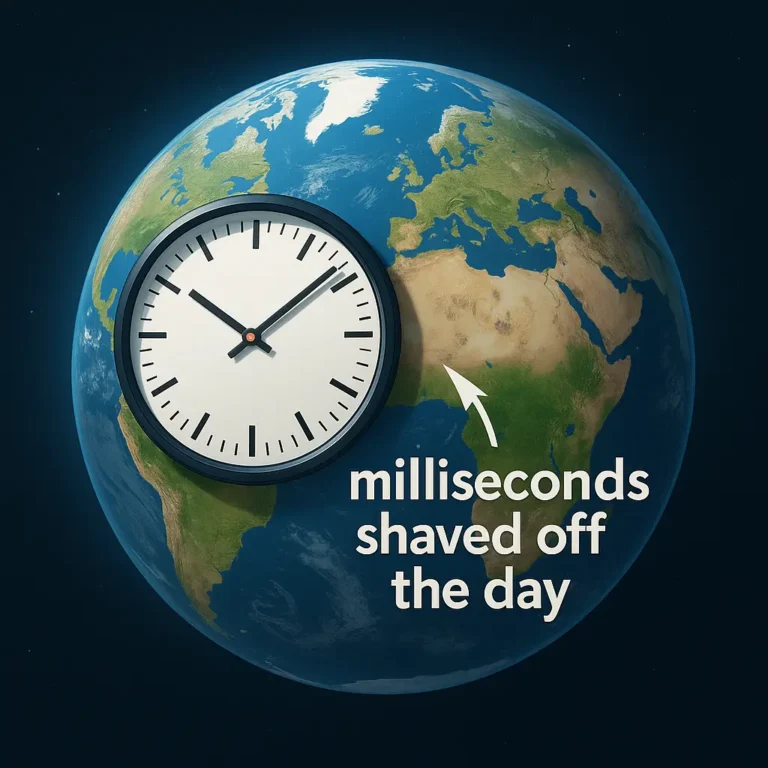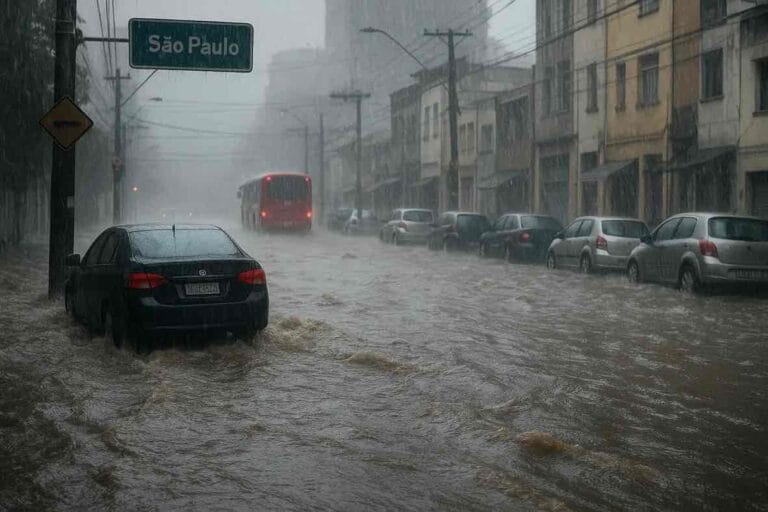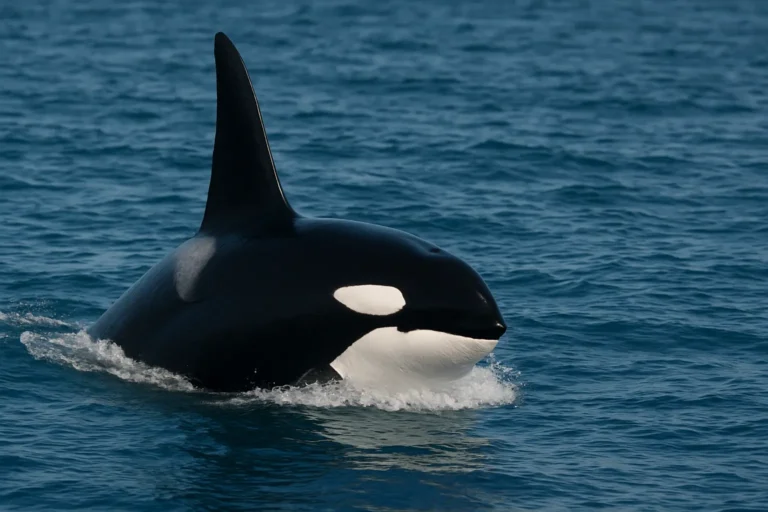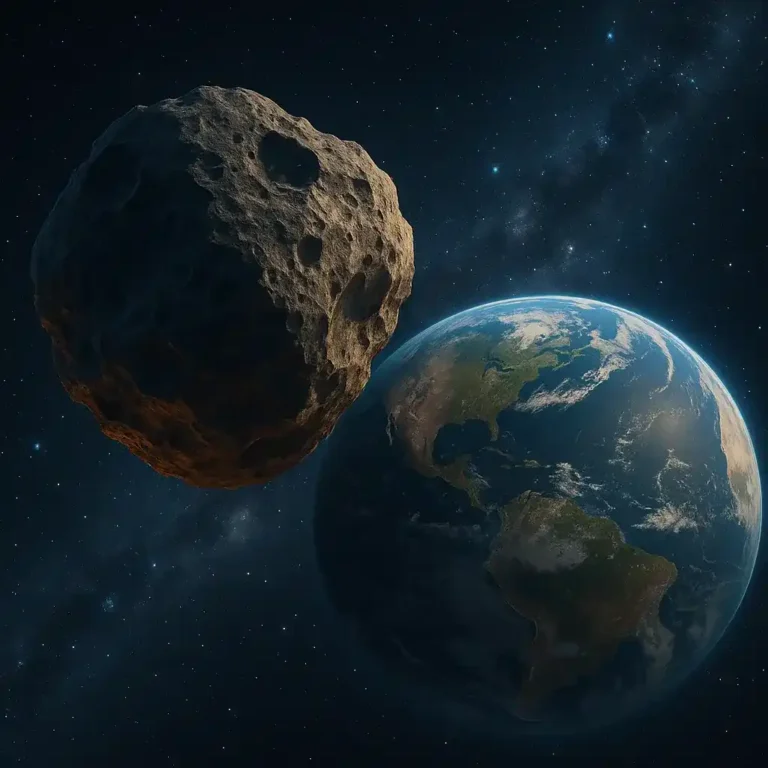The world’s oceans are heating up at an unprecedented rate, and scientists warn that this ocean warming trend is one of the most urgent challenges of our century. Covering more than 70% of Earth’s surface, the oceans act as the planet’s climate regulator, absorbing vast amounts of heat and carbon dioxide. Yet, this silent service is now reaching its limits.
From coral reefs to fisheries, marine ecosystems are collapsing under the strain of rising temperatures. What was once seen as a distant issue has become a present-day crisis with consequences for weather systems, biodiversity, and human livelihoods.
Also read: Inside the Alarming AI Blackmail Threat That Shook Tech Experts Worldwide
The Hidden Consequences of Ocean Warming
Ocean warming is not just about hotter water—it triggers a chain reaction. Warmer seas fuel stronger hurricanes, disrupt rainfall, and accelerate polar ice melt, driving sea-level rise that threatens cities worldwide.
In 2024 and 2025, global sea surface temperatures reached record highs. Marine heatwaves—lasting weeks or months—are devastating coral reefs, while fish populations decline as species either migrate to cooler waters or die off. Even plankton, the base of the marine food chain, is being disrupted, creating cascading effects that impact larger marine animals, global fisheries, and ultimately the food security of millions of people who depend on the ocean for survival.

Ocean Warming and Climate Change Connection
The oceans absorb more than 90% of the excess heat from greenhouse gases. Without this natural buffer, Earth would be far hotter. But as waters warm, ocean currents like the Gulf Stream weaken, destabilizing weather systems across the globe.
This shows that ocean warming is not just an environmental issue—it is tied directly to global stability, affecting economies, food supplies, and even geopolitics[1].
Human Impact of Rising Seas
The effects of ocean warming are already being felt. Fisheries that sustain millions are collapsing, while tourism suffers as coral reefs die. Rising seas are flooding cities from Miami to Jakarta, and saltwater intrusion is threatening freshwater supplies in vulnerable regions.
Shifts in fish migration are also sparking disputes over fishing rights, adding political tension to the ecological crisis. In many coastal communities, these changes are forcing people to abandon traditional livelihoods, leading to economic instability and displacement. Governments are increasingly pressured to balance conservation efforts with the immediate needs of struggling populations, creating a complex challenge that extends well beyond environmental science.
Ocean Warming and Biodiversity Loss
Marine biodiversity is among the hardest-hit victims of ocean warming. Coral reefs, which support a quarter of marine species, are dying at alarming rates. Studies suggest that if warming continues, up to 90% of coral reefs could vanish by 2050.
Iconic species like sea turtles, whales, and seabirds are also changing their migration and breeding patterns, while harmful algal blooms are spreading more frequently in warmer waters.
Can We Reverse the Tide?
Scientists stress that immediate global action is crucial. Cutting emissions is the top priority, but adaptation strategies also matter:
- Expanding marine protected areas
- Restoring mangroves and seagrasses
- Promoting sustainable fishinglso read
- Investing in renewable energy
These steps can slow ocean warming and give ecosystems a chance to recover.
Conclusion
The evidence is clear: ocean warming is accelerating, threatening both nature and humanity. It is no longer a distant risk but a reality reshaping ecosystems, economies, and societies. Protecting the oceans means protecting our future, and collective global action is the only path forward.
This action must include stronger climate policies, international cooperation, and grassroots awareness campaigns that empower communities to adapt and build resilience. Every effort—whether reducing emissions, restoring marine habitats, or changing consumption patterns—contributes to slowing the pace of change. The challenge is immense, but so is the opportunity to safeguard the blue heart of our planet for generations.
Also read: Unusual Cosmic Explosion: A Star Swallowed by a Black Hole

